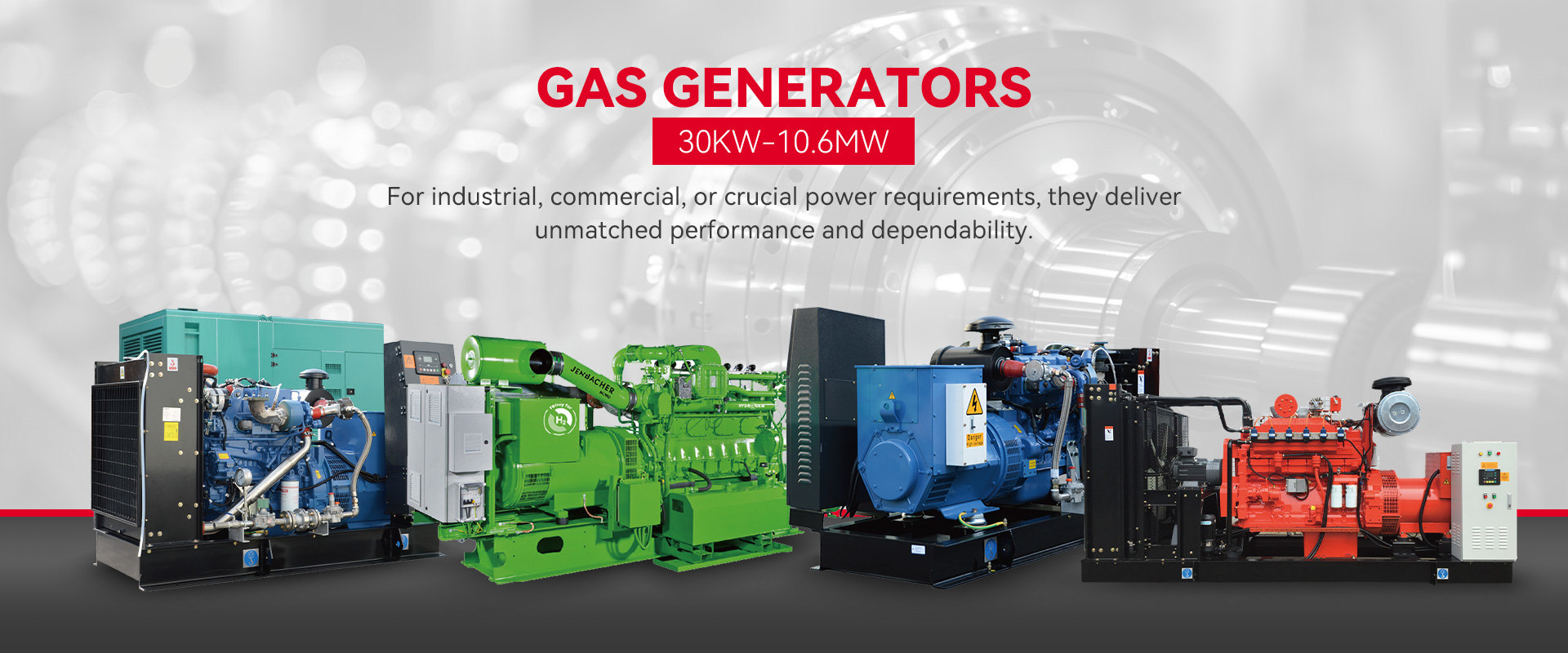In the realm of backup power generation, two prominent options jump out: natural gas and diesel generators. Once the power quickly scans the blogosphere, and the need for it will become critical, selecting the most appropriate generator set can make a huge difference. But wait, how can you decide between natural gas and diesel generators? Each one has its list of benefits and drawbacks, and the choice ultimately depends on your specific needs and circumstances.

In the following paragraphs, we’re going to learn about the distinctive features, advantages, and cons of gas main and diesel generator sets, helping you to produce a well-informed decision on what option aligns best using your needs.
Gas main Generators
Advantages
Cleaner Emissions: One of the greatest attributes of propane generators is the lower environmental impact. When gas main burns, it produces fewer harmful emissions, including particulate matter, nitrogen oxides, and sulphur dioxide, when compared to a diesel genset. This makes gas main generators a greener decision for those worried about quality of air and environmental sustainability.
Cost-Effective Fuel: Propane is frequently less expensive than diesel fuel. The price savings could be significant over the long term, particularly if want to use your generator frequently. Furthermore, the provision of gas main is usually more stable, reducing price fluctuations.
Less Maintenance: Gas main generators typically require less maintenance than their diesel counterparts. This comes from the cleaner-burning nature of gas, which ends up in fewer deposits and soot buildup from the engine, extending the generator’s lifespan.
Quieter Operation: Gas generators provide quieter operation. This is a vital consideration in areas and settings where environmental noise have to be minimized.
Disadvantages
Limited Fuel Storage: A problem with gas main generators is their addiction to a nonstop way to obtain natural gas. This can be problematic during extended power outages or perhaps remote places that a frequent gas supply will not be available.
Lower Energy Density: Propane has a lower energy density in comparison with diesel, meaning you may require a larger storage capacity or maybe more frequent refuelling for a similar output.
Lower Fuel Efficiency: Gas generators tend to be less fuel-efficient than diesel generators, which can increase operational costs over time.
Lower Portability: Because of the dependence on an avid propane supply, these generators are less portable and versatile than diesel generators.
Diesel Generators
Advantages
High Energy Density: Diesel fuel is recognized for its high energy density. What this means is diesel generators offers more power within a smaller package, which makes them suited to applications where space is limited.
Fuel Storage: Diesel generators hold the benefit of having the ability to store fuel for extended periods without degradation. This will make them the best selection for backup power in remote locations and during long-term power outages.
Fuel Efficiency: Diesel generators are known for their fuel efficiency, consuming less fuel for the same output as propane generators. This ends in lower operational costs.
Greater Reliability: Diesel engines are typically more robust and sturdy, be a catalyst for greater reliability in demanding conditions. They are generally the go-to choice for mission-critical applications.
Disadvantages
Emissions and Environmental Impact: Diesel generators emit higher levels of pollutants, including nitrogen oxides and particulate matter, that may have negative effects on quality of air and public health. Stricter emissions regulations are already carried out to mitigate these complaints.
Noise Levels: Diesel generators are usually noisier than propane generators, which is often a concern in areas or where environmental noise is a consideration.
Fuel Availability and price: Diesel fuel may be more expensive and at the mercy of price fluctuations. Additionally, storing vast amounts of diesel fuel can cause safety and environmental risks.
Maintenance Requirements: Diesel generators typically require more frequent maintenance because of soot and carbon buildup in the engine, that may increase the overall cost of ownership.
When you ought to Choose Gas Generators?
Environmental Concerns: In the event you prioritize environmental sustainability and cleaner emissions, an all natural gas generator is the way to go.
Financial savings: If you’re seeking to reduce fuel costs in the lon run and have entry to a dependable gas main supply, natural gas generators may be more cost-effective.
Quiet Operation: In areas or places where noise levels must be kept to a minimum, gas generators will be the quieter choice.
Less Frequent Use: If your generator serves as a backup for infrequent power outages, the bottom maintenance requirements of gas main generators cause them to become an expedient option.
When you ought to Choose Diesel Generators?
High Power Requirements: If you need a high-power output within a compact package, diesel generators, using high energy density, would be the more sensible choice.
Reliability: For mission-critical applications where reliability is vital, including data centres or healthcare facilities, diesel generators tend to be preferred due to their robust and sturdy engines.
Remote Locations: In areas with limited access to a natural gas supply or during long-term power outages, diesel generators using reliable fuel storage will be the more practical choice.
Frequent Use: If your generator will see frequent use and you also prioritize fuel efficiency, diesel generators might be cheaper in the end.
Conclusion
The choice between natural gas and diesel generators is dependent upon your specific requirements, budget, and environmental concerns. Both varieties of generators get their advantages and disadvantages, along with the secret is to softly evaluate your requirements priorities before you choose. Additionally, be sure you understand local regulations and emissions standards which could affect your decision.
For details about gas engine go to this popular resource
